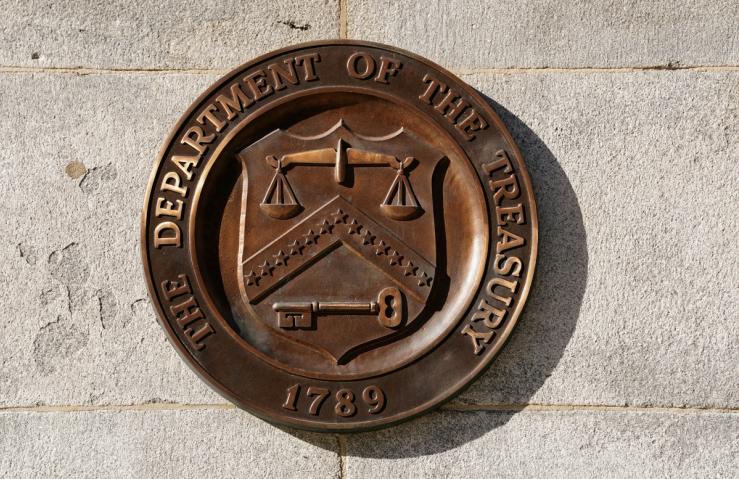The News
US treasury yields rose Wednesday, as an escalating global trade war has seen investors race to sell US bonds.
Bond sell-offs are reflective of the highly concerning economic environment of Trump’s tariffs — which have reached 125% on China — as the market is usually seen as a safe haven for investors during times of uncertainty.
High US treasury yields now not only affect mortgage costs and loan rates domestically, but the surge in yields has also been seen in Australia, Europe, and Asia, which will likely push up borrowing costs globally and stoke fears of a US and, to a lesser extent, global recession.
SIGNALS
“Sell America Inc.” mentality could sweep foreign investors
A bond market sell-off suggests that treasuries, as well as US stocks, could be viewed as a “tainted product,” ING wrote, with the fear being that major overseas investors, like China, may be selling bonds as a way to retaliate against Trump, Bloomberg said. Money has been pouring into the US from overseas for years because of its strong economy and openness to global trade; however, “people are now questioning does that capital returns to its home countries,” a senior portfolio manager told The Wall Street Journal. Still, a Treasury auction Wednesday saw strong demand, including from foreign investors, rowing back some of the surge in yields.
Threat of a basis trade “doom loop”
A proliferation of “basis trades,” which hedge funds can use to profit from the difference in price between Treasury futures and the underlying bonds, could amplify stress in the market, the Financial Times wrote. These trades rely on a huge amount of collateral, and if Treasury prices fall or something else unexpected occurs, then that can kick start a “doom loop” of margin calls, liquidation, and falling prices, the outlet wrote: “It is a major danger lurking inside the market that is supposed to be the financial system’s equivalent of a bomb shelter.” After this happened in 2020, the Federal Reserve was able to bail out the US government bond market with over $1 trillion in Treasury purchases, but this may be more difficult today, The Economist wrote, as central banks are attempting to shrink their balance sheets.
Concerns that the dollar could lose its global value
After the value of the US dollar fell substantially last week, investors have indicated that it could be a sign that “the greenback’s global standing may be eroding,” Reuters wrote. The ease of buying and selling US Treasuries has relied on the security and stability of the dollar, the world’s reserve currency; however, Trump’s tariffs have posed the first “genuine threat to its status… in generations,” Foreign Affairs wrote. While attempts by countries like China to create a new reserve currency have struggled to make gains, in the long term, “the true result of a declining dollar will be the demise of the very economic power Trump is attempting to wield.”



